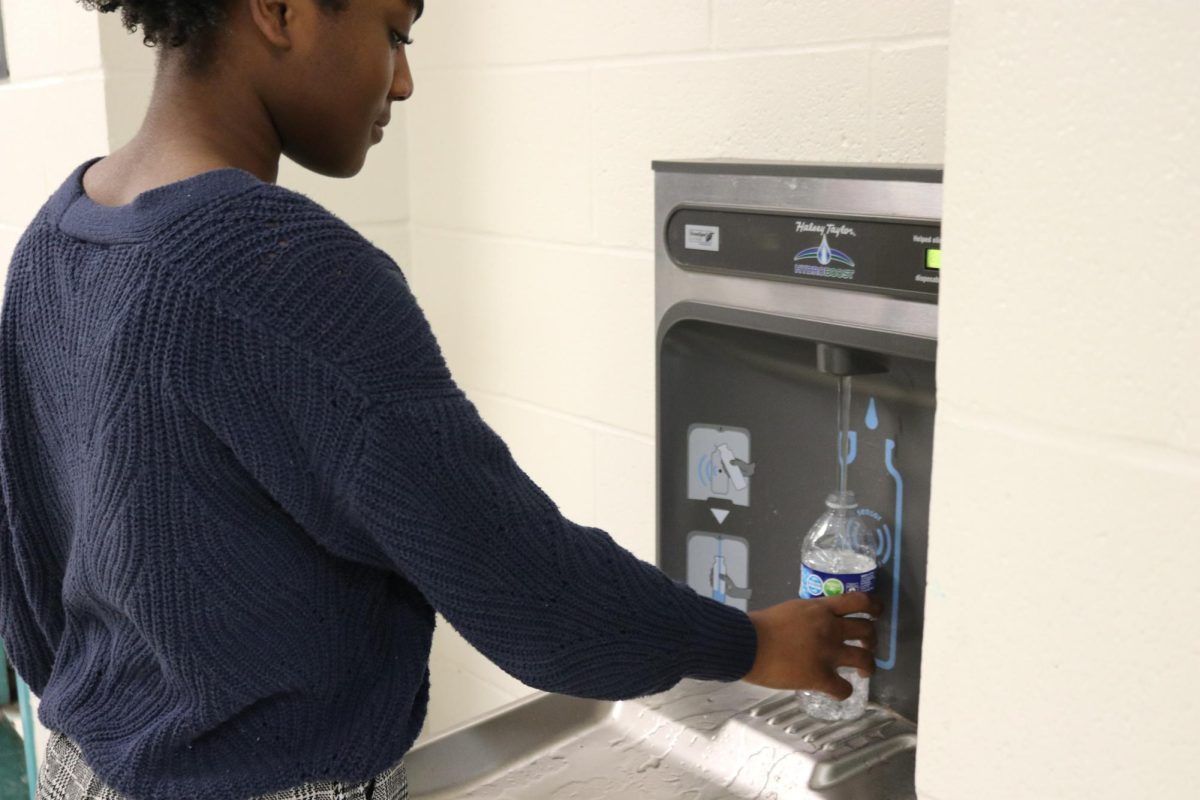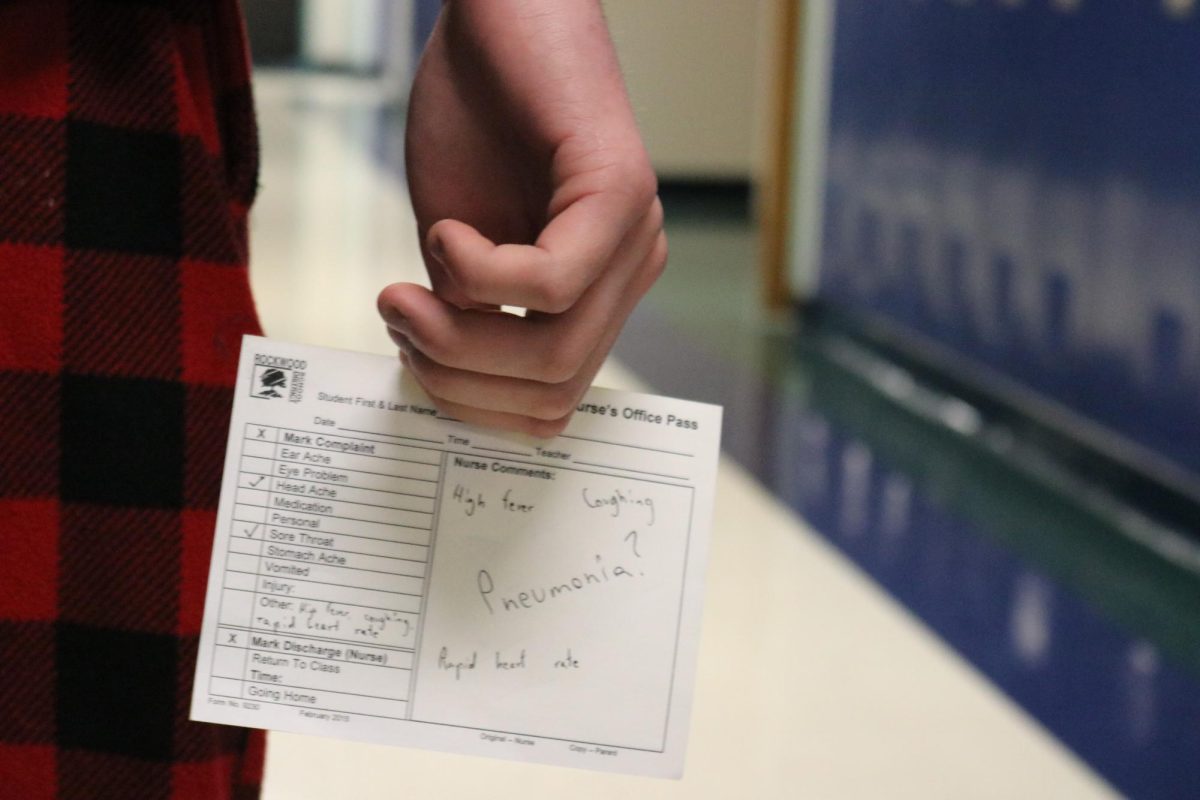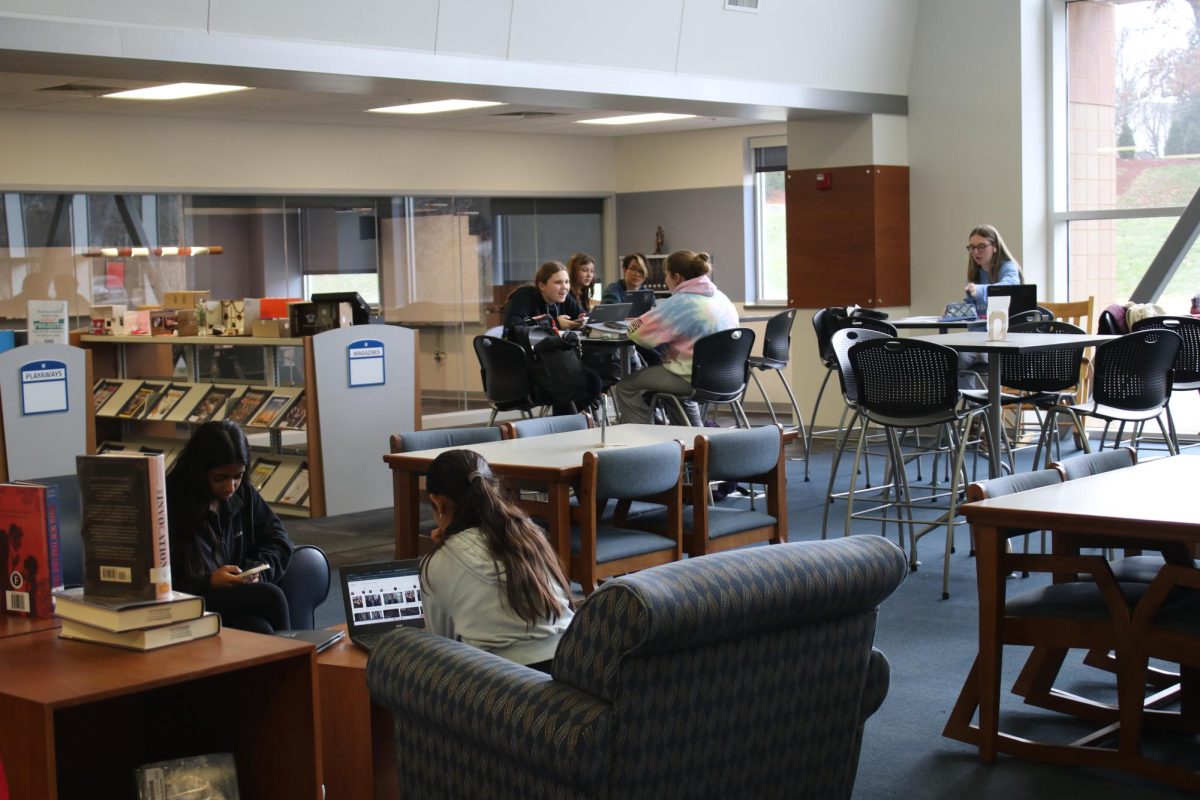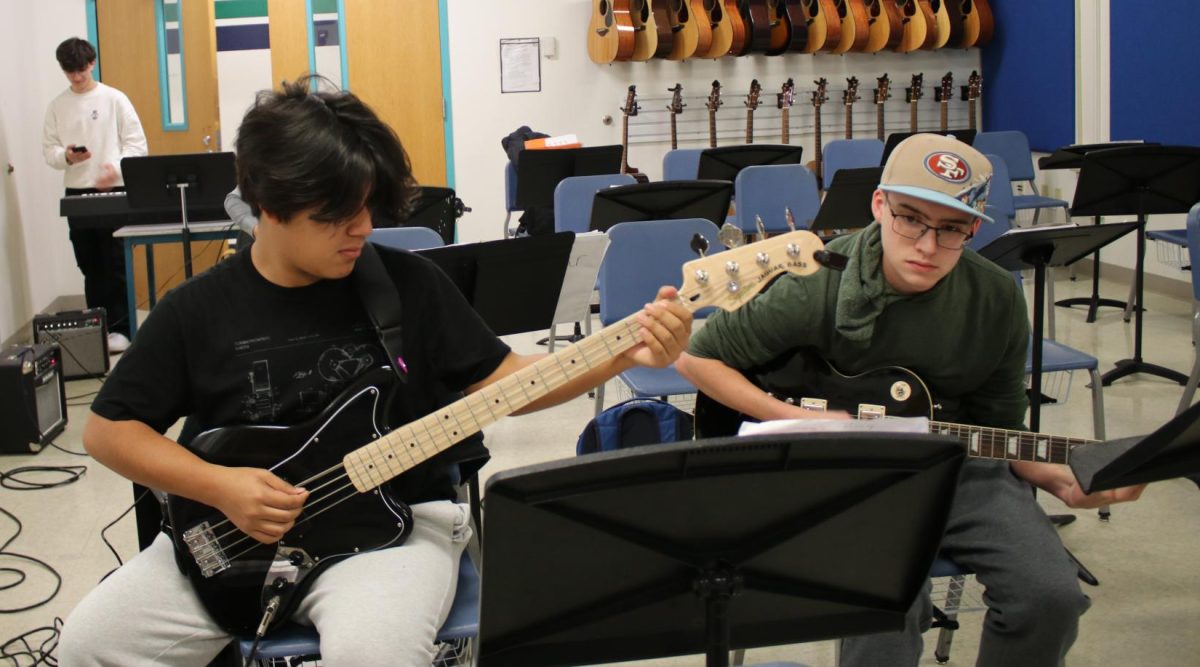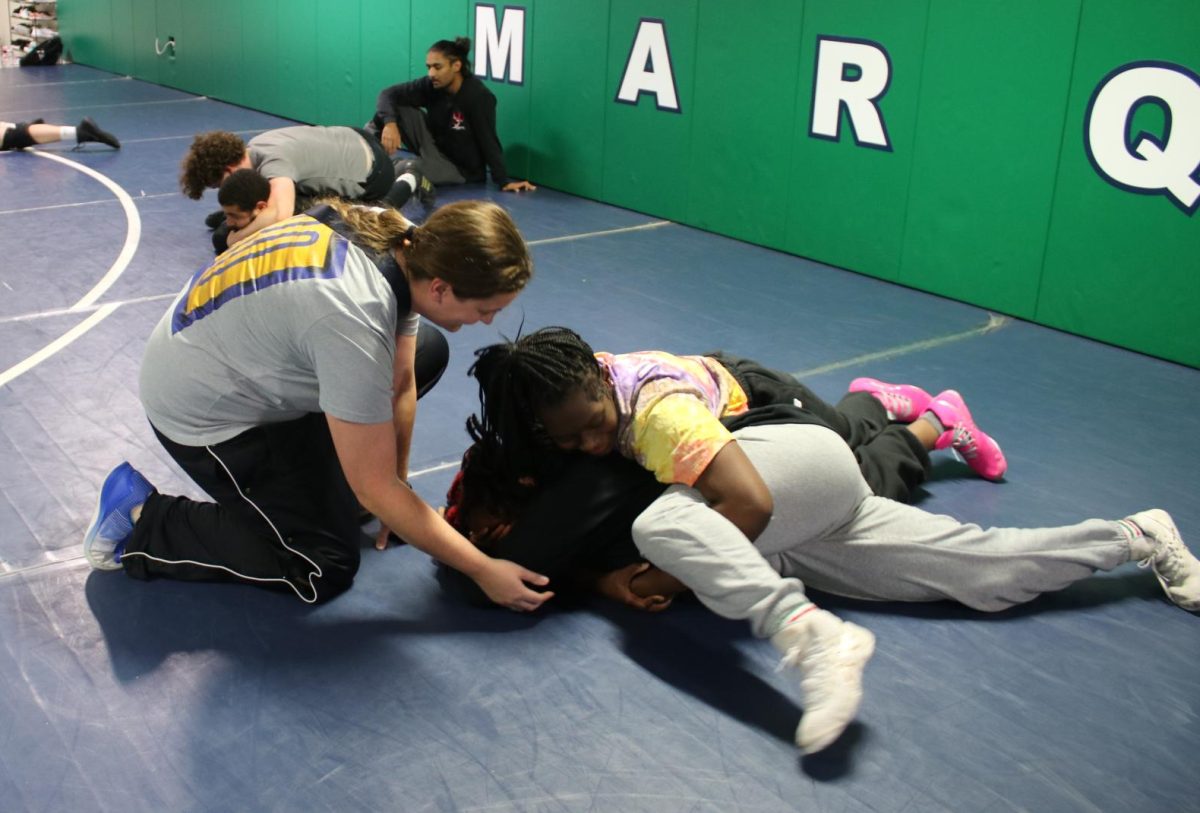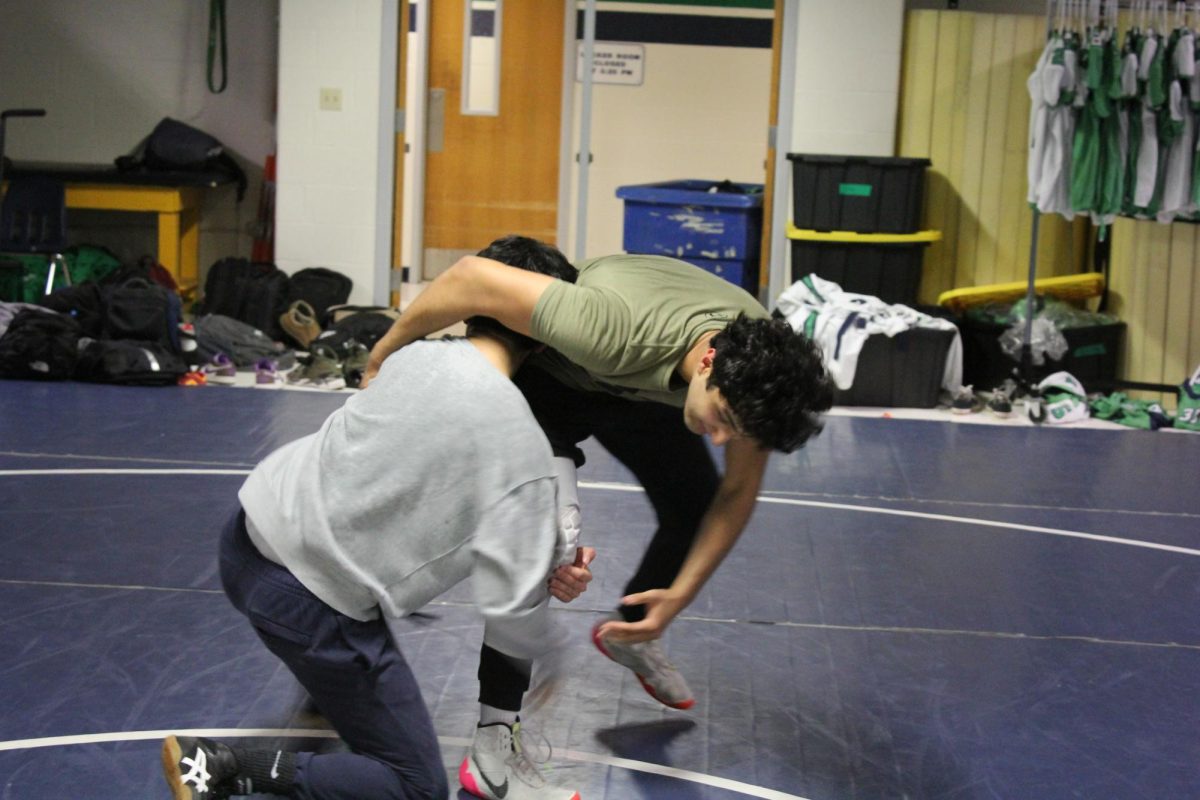HB 1689 to cut RSD funding
March 12, 2015
Last year, Gov. Jay Nixon approved Bill HB 1689, which expanded the public school funding formula to include children from three to five years old who come from lower-income families. The new law will go into action in the 2015-2016 school year.
Sen. Joseph Keaveny said the new Missouri preschool law gives the state the responsibility to educate young children before kindergarten.
“[Public education] now begins with poor three to five-year-olds, to whom a significant body of research has demonstrated a clear benefit of providing quality early childhood education,” Keaveny said.
Sen. Eric Schmitt, who represents Rockwood and Hold Harmless districts—districts that received more per-pupil funding in the prior state funding formula than the current formula—in the area, inserted language into the bill during the Senate Floor Debate that gave guidance to the Department of Elementary and Secondary Education (DESE) for prorating the under-funded formula funding public schools, Keaveny said.
However, the budget data at the time projected the change to the formula would allow all Hold Harmless districts to receive their full-funding amounts starting this fall.
“It was intended to protect against future cuts,” Keaveny said. “However, since that time gaming and lottery revenues have sharply declined, leaving a $100 to $130 million hole in the formula.”
As a result of this hole, an additional $100 million is needed in this year’s fiscal budget to ensure no district loses funding, Keaveny said.
Gov. Nixon’s budget recommendation for next year includes a $50 million increase over last year to the formula. Keaveny said latest projections show Rockwood losing $224,396 in funding for next school year, a .79 percent decline.
To further explain the issue, Tim Rooney, Rockwood’s Chief Financial and Legislative Officer, said he needed to explain the two types of school districts: Hold Harmless districts, which received more per-pupil funding in the prior state funding formula than the current formula, and formula districts, which receive what the state formula for funding public education provides.
“When the state began to underfund the formula, the proration factor came into existence,” Rooney said. “If each district was required to reduce their aid by this factor, the hold harmless districts would also be reduced. Alternatively, they argued that the state adequacy target ought to be reduced. Depending on which way the proration was done, there were significant winners and losers.”
As a result, Rooney said, DESE adjusted both factors to limit the gaps between the winners and losers. However, the amendment to Bill HB1689 eliminated the proration factor, and now the entire proration factor will be applied to the state adequacy target, meaning the formula districts will be the only ones suffering due to the state’s under-funding.
Sen. Schmitt, the author of the amendment, notified the district on Tuesday, Feb. 24 that he supports the House budget bill to increase the appropriation for education.
Rooney said it is important to note the state underfunds the law by approximately $500,000 per year, and this bill will not completely fulfill the shortfall. However, it supplements funding just enough so Rockwood will gain $335,000.
Due to Rockwood’s Early Childhood program being self-funded and the Early Childhood Special Education program being funded via state and federal grants, Dr. Michael Barla, director of Early Childhood Education, said he does not expect a negative impact for these programs.
“I support the premise of providing high quality early childhood experiences for all children,” Dr. Barla said. “Because preschool is not mandated, the issues surrounding funding will always occur.”
Dr. Barla said he predicts these funding issues will continue until the U.S. mandates early childhood education for public schools. The strong social, emotional and behavioral foundation children develop during early childhood is crucial to all areas of a child’s development.
“One of our most important jobs is focusing on the dispositions that children need in order to be successful in school and life,” Dr. Barla said. “Dispositions include skills such as independence, self-regulation, creativity, self-motivation and resilience.”




